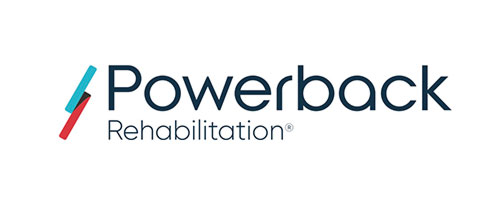Interdependence: Balancing autonomy with connection as we age by Colin Milner
What is the difference between dependence and interdependence as we age? What happens when we don't have family support? And what kinds of models and policies for successful aging and care can be built on these distinctions? The importance of interdependence caught my attention during my participation in the WHO Global Network on Long-Term Care, which first met in September 2020 and again this fall. As a response to changing world demographics and more people living longer, this World Health Organization network advises the agency on ways to create equitable and sustainable long-term care models for older adults. The focus is to optimize functional ability and achieve healthy aging. Interdependence came up as part of network discussions and opened my eyes to its significance, especially for an aging population. In my view, even with all the goals and mandates in the WHO's endorsement of a new "Decade of Healthy Ageing" (2021 - 2030), all the progress towards more integrated and person-centered models of long-term care, and all the efforts by myriad organizations and agencies to foster wellness among older populations, interdependence is the unrecognized umbrella under which so many issues fall. So, I reached out to Karl Pillemer, PhD, the Hazel E. Reed Professor in Cornell University's Department of Human Development and a professor of gerontology in medicine at Weill Cornell Medicine. His decades of research have advanced our understanding of the complicated web of relationships.





































